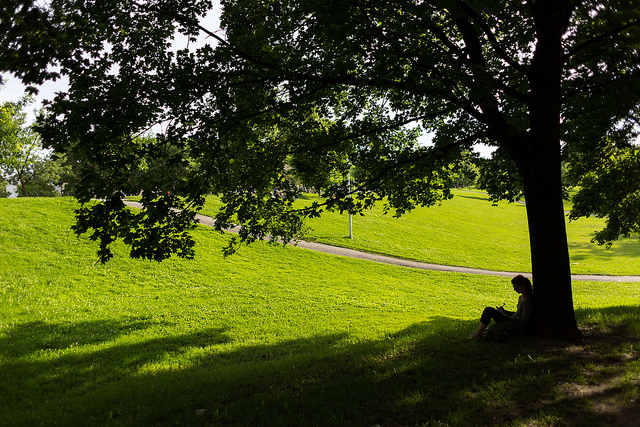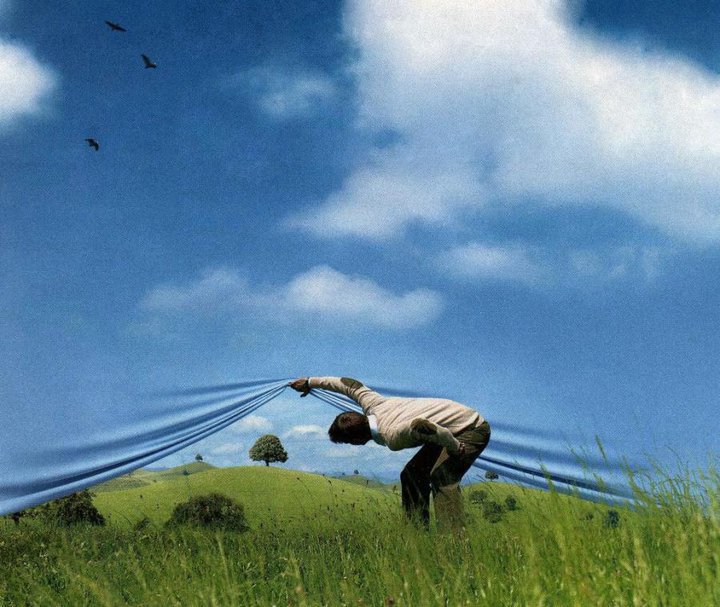“Better keep yourself clean and bright; you are the window through which you must see the world.”
—George Bernard Shaw, 20th Century Irish playwright

Image from Flickr by Jason Bain
It is early spring here in Michigan. With increased daylight, warmer days, and a few more birds chirping, many of us are embarking on some spring cleaning.
Two activities that are often on the list are cleaning or replacing the furnace filter, and washing the windows, to clean our air and brighten our views.
EXERCISE:
How can and will you clean your own perceptual filters and brighten your windows on the world to lead a more fulfilling and satisfying life?
Consider doing this exercise with your family or work community so that you can engage additional social support and increase the likelihood of success.





